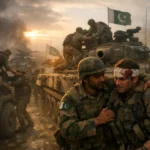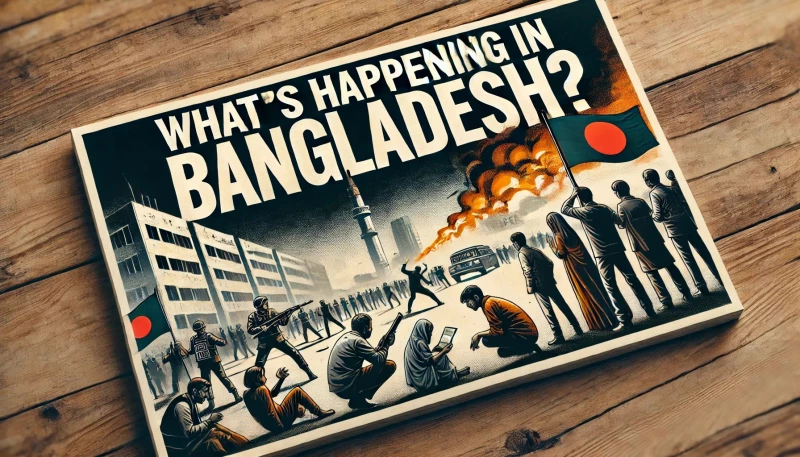Analysis of Pakistan’s Current Government: Achievements, Shortcomings, and Core Issues
Pakistan’s current government, led by the Pakistan Muslim League (N) under Maryam Nawaz and Shehbaz Sharif, has made several claims about its performance. A thorough analysis reveals that it has initiated numerous projects, surpassing many past governments in both number and visibility. Previous administrations, particularly those led by Imran Khan or Usman Buzdar, often relied on emotional slogans and public rallies. They inspired the masses with grand promises but delivered little in terms of tangible progress. In contrast, the current government has launched projects in infrastructure, transport, housing, and other sectors. However, the critical question remains: do these projects address Pakistan’s core issues? Are they aligned with the country’s economic and social needs? Let’s examine this closely.
Key Projects of the Current Government and Their Evaluation
The current government has rolled out several high-profile projects, including:
-
Metro Bus and Transport Schemes: New buses, auto-rickshaw programs, and public transport initiatives. While these provide convenience, are they a priority during an economic crisis?
-
Laptop and Education Schemes: Distributing laptops to students or offering educational scholarships. These initiatives boost student morale, but are they sustainable solutions when millions of youth remain unemployed?
-
Housing Projects: Affordable housing schemes like “Apna Ghar.” While a noble idea, how will people maintain homes without stable employment?
-
Urban Decoration and Beautification: City beautification projects, such as parks, road enhancements, and lighting. These mimic developed nations but are wasteful when basic issues remain unresolved.
-
New Police Forces: Units like the Dolphin Force or specialized patrolling police. These are a drain on resources, as modern technology and infrastructure are more effective for crime control.
While these projects appear impressive on the surface, a deeper look reveals they fail to address Pakistan’s fundamental challenges. They may offer temporary relief but do not guarantee long-term economic stability or social progress.
Pakistan’s Core Issue: Unemployment
Pakistan’s most pressing problem is unemployment. Millions of educated youth lack job opportunities. None of the current government’s projects directly tackle this issue. Consider the following:
-
Lack of Industries: Pakistan has no globally competitive industries. Name a single car manufactured in Pakistan that is sold internationally. We need factories and industrial zones to create jobs.
-
Agriculture and Exports: Farmers lack information about which crops are in demand globally or how to export them. There’s no public platform connecting farmers to export markets. If the government prioritizes agriculture and builds export channels, it could transform the economy.
-
Job Creation: Temporary subsidies, free medicine, or laptops are not the answer. We need policies that empower people to become self-reliant. Citizens want to earn through their hard work, not depend on government handouts.
The Need for Modern Infrastructure
Pakistan must learn from developed nations. For example:
-
Camera and Surveillance Systems: Countries like Dubai manage large populations with minimal police through advanced camera and surveillance systems. Pakistan could enhance NADRA’s system to track crime efficiently, similar to how the U.S. maintains lifetime data records for its citizens.
-
Police Reforms: Instead of creating new forces like the Dolphin Force, the government should train and equip the existing police with modern technology. Specialized units often waste resources.
Misplaced Priorities and Their Consequences
The direction of the current government’s projects is misguided. While these initiatives may gain short-term popularity, they fail to address Pakistan’s core issues. Previous governments, like Imran Khan’s, made lofty promises but delivered little. The current administration is better in that it has initiated projects, but most are unnecessary. The real need is investment in employment, industry, and agriculture.
A Message to Pakistanis
Pakistanis, it’s time to move beyond blind loyalty to political parties. We need to raise our voice and emphasize the system, not any dummy or selfish leader whose focus is solely on protecting their Bani Gala residence, their properties, their offshore companies, their assets, or securing careers for their offspring. Recently in the USA, an investigation was conducted into the FBI chairman to check if he had any ties to President Trump or if he was sharing information with him. Imagine if every system operates independently in its own sector, with the best and most experienced people in that field—then what need would we have for any leader?
We don’t need temporary subsidies, free houses, or loans. We need an economy that allows every Pakistani to earn through their own efforts. We don’t want to be beggars; we want to be self-sufficient. Demand accountability from your leaders.


















